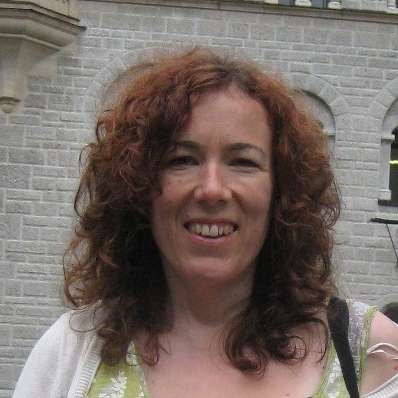It was hard to believe, listening to this evening’s Late Mix concert at the Sage, that three out of the four pieces played had in fact been substituted at the last minute after a soloist’s sudden illness meant that the original programme couldn’t be performed. Especially as all three pieces retained the spirit of adventure and exploration in which the Late Mix series specialises. If you’ve programmed Richard Ayres, you can’t just drop in a bit of Mozart. Instead, working around the remaining planned piece – the UK premiere of Eugene Debs’ Statement to the Court by the Sage Gateshead’s Composer in Association, David Lang – Northern Sinfonia and guest conductor Nicholas Collon pulled out the hat a vibrant selection of American works that complemented Lang’s work perfectly.
Eugene Debs was an American socialist, put on trial in 1918 for speaking out against America’s role in World War I, and David Lang has set the central elements of the speech Debs gave at his trial in a powerful and also very beautiful piece for choir and chamber orchestra. The 15 singers drawn from the Northern Sinfonia Chorus sang the piece with passion and commitment; all becoming socialists, they delivered Debs’ powerful words in defence of downtrodden workers. Much of the piece was in the form of a stark, fragmented chant, punctuated by massive rich chords, the work as a whole rising and falling, mimicking the speech patterns of great oratory. The accompaniment of driving strings and bass drum suggested the pounding of the mills and railroads described in the text, although sadly at times in the confines of Hall Two, the voices were overwhelmed by the instruments and the text was lost.
David Lang’s piece was followed by the work of another American, the young composer Nico Muhly. The equally young Nicholas Collon has conducted and recorded Muhly’s work with his Aurora Orchestra, and he guided the six instruments through the complexities of Muhly’s Motion with ease and confidence. Like some of Muhly’s other works, Motion takes its inspiration from the English Renaissance music he sang as a boy chorister, in this instance a fragment of See, See the Word Incarnate by Gibbons. The work opened with lightening fast flourishes on the strings, and an urgent repetitiveness that recalls Muhly’s experience as a young treble, frantically counting for fear of missing an entry. This section also clearly showed the influence of Philip Glass. A lovely, calm string passage followed, steeped in the harmonic atmosphere of the Renaissance, before the energy piled back in, with Peter Sparks playing an extraordinarily demanding and exciting clarinet part.
These two exciting contemporary works were framed by earlier, more familiar pieces. Stravinsky wasn’t yet living in America when he wrote his chamber concerto Dumbarton Oaks to a commission from the owner of the Dumbarton Oaks estate near Washington D.C., but his music already captures the freshness and freedom that America offered. If the busy opening movement had moments of hesitation, it was entirely forgivable given the late programme change, but by the second movement, everything had settled down, ready for Juliette Bausor’s gorgeous flute solo. Nicholas Collon expertly brought together the dazzling colours of Stravinsky’s palette into a joyous and coherent whole.
If we thought the Stravinsky was fun, the final work in the programme raised the roof. Bernstein’s Symphonic Dances from West Side Story were played in a new chamber orchestra arrangement by the Aurora Orchestra’s Iain Farrington that suited Northern Sinfonia absolutely perfectly. In the intimate surroundings of the hall, so close to the orchestra that we could almost read their scores, we were swept away in a blaze of song and dance. I could sense the whole audience tapping toes and nodding heads; I spotted one member of the orchestra almost dancing out of her seat, and I’m sure we were all sorely tempted to join in with the shouts of “mambo”. There were tender moments too, to which Nicholas Collon gave plenty of indulgence, and the work’s gentle close calmed everything down nicely.


